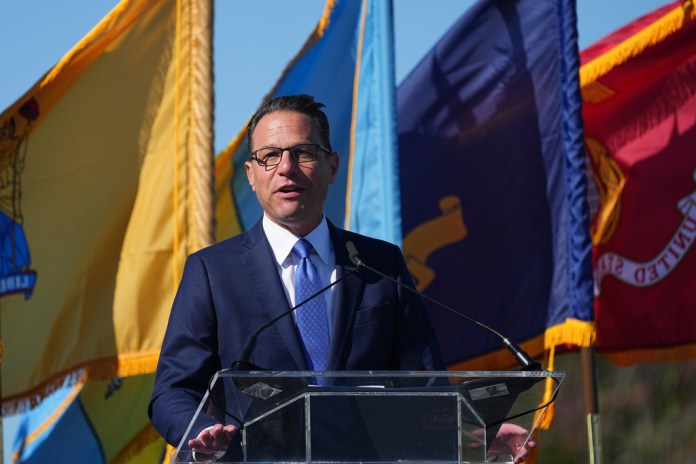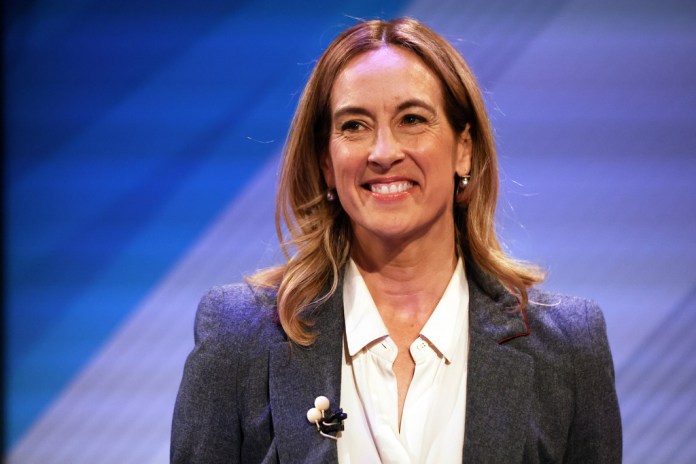Preemptive pardon: How Biden’s possible plans have precedent – Washington Examiner
The article discusses President Joe Biden’s reported consideration of issuing preemptive pardons for certain current and former elected officials, whom former President Donald Trump views as adversaries. It highlights ancient precedents for such actions, beginning with President Gerald Ford’s 1974 pardon of Richard Nixon following the Watergate scandal, and notes that ford’s pardon covered all offenses Nixon may have committed during his presidency. other examples include president George washington’s pardon of Whiskey Rebellion rebels in 1795, and Andrew Johnson’s broad pardon to former Confederates after the Civil War. Additionally, it mentions Jimmy Carter’s pardon of draft evaders in 1977, illustrating that preemptive pardons have a notable history in U.S. politics.
Preemptive pardon: How Biden’s possible plans have historical precedent
President Joe Biden is reportedly considering issuing preemptive pardons for some current and former elected officials whom President-elect Donald Trump deems his enemies.
History has shown that there is some precedent for these types of pardons.
The most famous case is likely when President Gerald Ford pardoned his predecessor, Richard Nixon, after the latter resigned in the wake of the Watergate scandal in 1974. Ford pardoned Nixon “for all offenses against the United States which he … has committed or may have committed or taken part in during the period from January 20, 1969 through August 9, 1974.”
Other presidents have utilized preemptive pardons too. President George Washington issued the first presidential pardon in 1795 to rebels involved in the Whiskey Rebellion in western Pennsylvania, all of whom had been accused of treason.
President Andrew Johnson granted a “full pardon and amnesty” to all former Confederates on Christmas Day in 1868. The pardon extended to all of those “who directly or indirectly participated in the late insurrection or rebellion.” It was intended to unite the fractured country under the federal government after the Civil War.
In 1977, President Jimmy Carter pardoned all men who dodged the draft during the Vietnam War. President George H.W. Bush pardoned former Defense Secretary Casper Weinberger, who was indicted on charges of lying to Congress about selling arms to Iran in 1992.
Trump himself also issued preemptive pardons. He pardoned former White House chief strategist Steve Bannon in the last hours of his first term. Bannon was awaiting trial on federal charges related to defrauding donors in a fundraising campaign focused on fulfilling Trump’s promise to build a wall on the southern border.
Trump also pardoned former Maricopa County Sheriff Joe Arpaio after he was convicted of criminal contempt for defying a judge’s order that his force stop detaining immigrants because they lacked legal status. That pardon, which came before Arpaio’s sentencing, included “any other offenses that might be charged.”
Those who are allegedly being considered to be pardoned by Biden are Sen.-elect Adam Schiff (D-CA) and former Rep. Liz Cheney, both of whom were of the House Jan. 6 committee, and the former head of the National Institute of Allergy and Infectious Diseases, Dr. Anthony Fauci, who Trump and many Republicans have a strong distaste for after the COVID-19 pandemic.
According to an NPR investigation into Trump’s rally speeches, interviews, and social media posts, the president-elect has “issued more than 100 threats to investigate, prosecute, imprison or otherwise punish his perceived opponents,” since 2022.
Biden aides view these threats, along with Trump FBI Director nominee Kash Patel’s vision of retribution in the Justice Department, as justification for considering the preemptive pardons.
Biden’s pardon of his son, Hunter Biden, was allegedly motivated, in part, by his fear of what Trump’s Justice Department might do to his son based on what the president-elect has said. During Trump’s campaign, he vowed to “appoint a real special prosecutor to go after the most corrupt president in the history of the United States of America, Joe Biden, and the entire Biden crime family.”
" Conservative News Daily does not always share or support the views and opinions expressed here; they are just those of the writer."




